GSP Insurance Group Blog |
|
Understanding Monday Morning Work Comp Claims
Monday morning work comp claims are a cause for concern when it comes to workers' compensation fraud. These claims typically involve reported injuries that occur specifically on Monday mornings, which can raise suspicions about their validity. Employers need to be vigilant about these claims as they may indicate potential fraudulent activity within the workplace. Understanding the nature of Monday morning work comp claims is crucial for identifying and addressing any fraudulent behavior effectively.
0 Comments
Understanding the Need for Commercial Umbrella InsuranceSmall businesses face a multitude of risks that can potentially lead to significant financial losses. From property damage to lawsuits, these risks can pose a serious threat to the survival and success of a small business. This is where commercial umbrella insurance comes into play, providing additional liability coverage beyond the limits of other policies.
Commercial umbrella insurance acts as an extra layer of protection for small businesses, offering coverage when primary policies reach their limits. While general liability insurance and other primary policies provide essential coverage, they may not be sufficient to fully protect a business from all potential liabilities. This is especially true in today's litigious society, where even minor incidents can result in costly lawsuits. Choosing the right commercial umbrella insurance policy is crucial for small business protection. It ensures that businesses have adequate coverage to handle unexpected events and claims that exceed the limits of their primary policies. By having commercial umbrella insurance in place, small businesses can safeguard their assets and mitigate the financial risks associated with liability claims. In addition to providing increased liability coverage, commercial umbrella insurance offers peace of mind for small business owners. It allows them to focus on running their business without constantly worrying about potential legal actions or financial setbacks. With proper risk management strategies and comprehensive liability coverage, small businesses can operate with confidence and protect themselves from unforeseen circumstances. 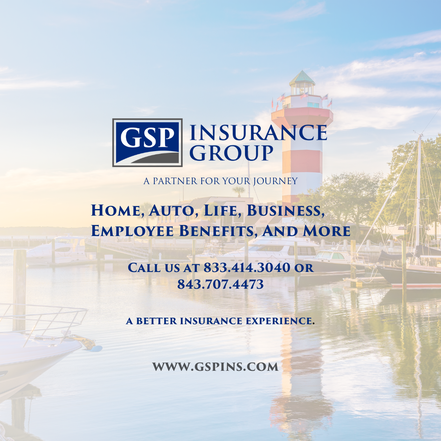 Running a business can be a risky endeavor, and unexpected events can disrupt operations and impact your bottom line. From natural disasters to lawsuits and unexpected medical emergencies, there are countless situations that could cause financial harm to your business. That's why having a business income insurance policy from GSP Insurance Group can provide crucial protection and peace of mind. 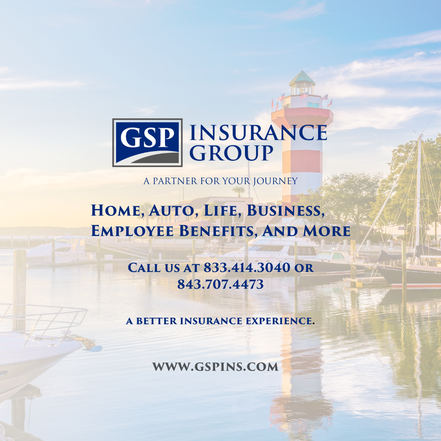 As a business owner or executive, you understand the importance of protecting your business and its leadership team against potential legal and financial risks. One way to do this is by purchasing Directors and Officers (D&O) insurance. In this article, we'll discuss what D&O insurance is and provide examples of covered situations. 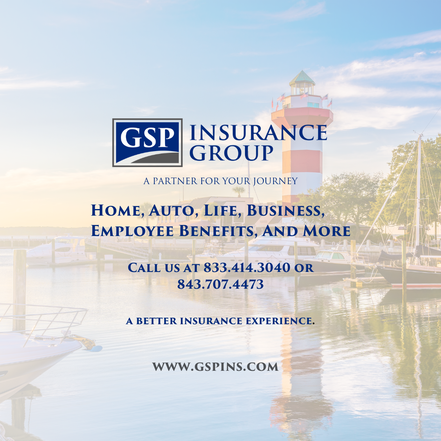 When it comes to protecting your business, having the right insurance coverage is crucial. As a business owner, you need to make sure that your company is adequately covered against potential risks and liabilities. However, finding the right insurance coverage can be a daunting and time-consuming task, especially for those who are not familiar with the insurance industry. This is where an independent insurance agent can help.  As a business owner, you know how important it is to protect your company against unexpected events. You have insurance for your property, your products, and your liability, but have you considered protecting your business from employee-related lawsuits? This is where Employment Practices Liability Insurance (EPLI) comes into play. In this article, we'll discuss what EPLI insurance is and provide examples of covered situations. 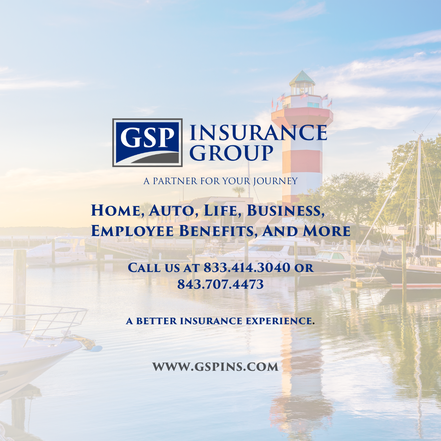 Auto insurance is an essential investment for vehicle owners to protect their financial interests in case of an accident or loss. However, there are two main types of auto insurance policies available in the market - personal auto insurance and commercial auto insurance. In this blog post, we will discuss the differences between these two policies and help you understand which one is suitable for you. 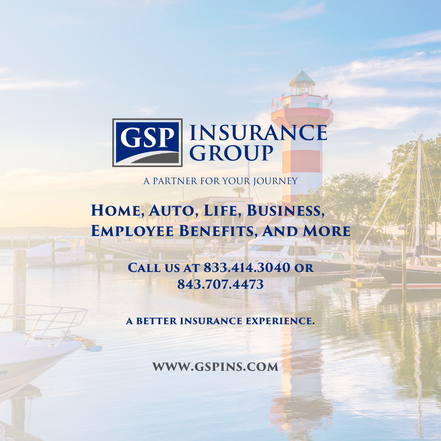 Auto insurance is an important investment for vehicle owners to protect themselves from financial losses in the event of an accident or loss. However, it's crucial to ensure that your auto insurance policy reflects the nature of your vehicle use accurately. If you have a vehicle that you use for business purposes on a personal insurance policy and get into an accident, several consequences could arise. In this blog post, we will discuss what happens if you have a vehicle that you use for business purposes on a personal insurance policy when you get into an accident. 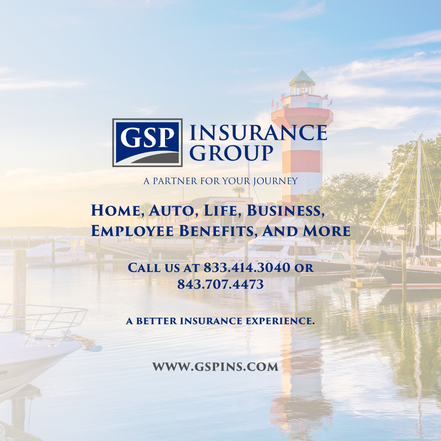 Running a business can be a risky venture, with potential threats lurking around every corner. Whether it is an employee getting injured on the job, a natural disaster damaging your property, or a data breach compromising sensitive information, any of these events can significantly impact your company's bottom line. That's why it's essential to have the right insurance policies in place to protect your business. Here are the top insurance policies that every business should consider investing in:  Cyber liability insurance is a type of insurance coverage that protects businesses and organizations from financial losses that result from cyber-attacks, data breaches, and other online threats. In today's digital age, organizations of all sizes are becoming increasingly reliant on technology, which makes them vulnerable to cyber threats. Cyber liability insurance provides a critical safety net for businesses that rely on technology for their operations. |
Contact Us(843) 707-4473 Archives
February 2024
Categories
All
|

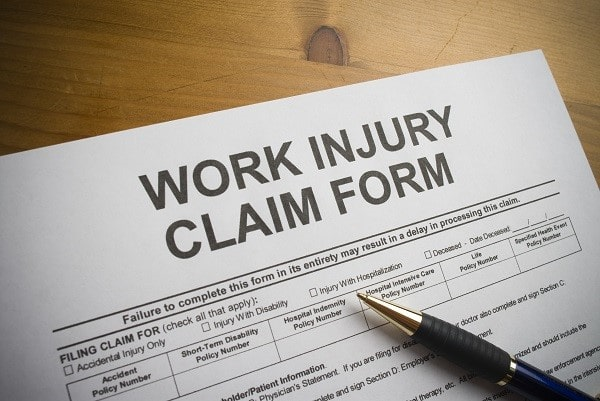
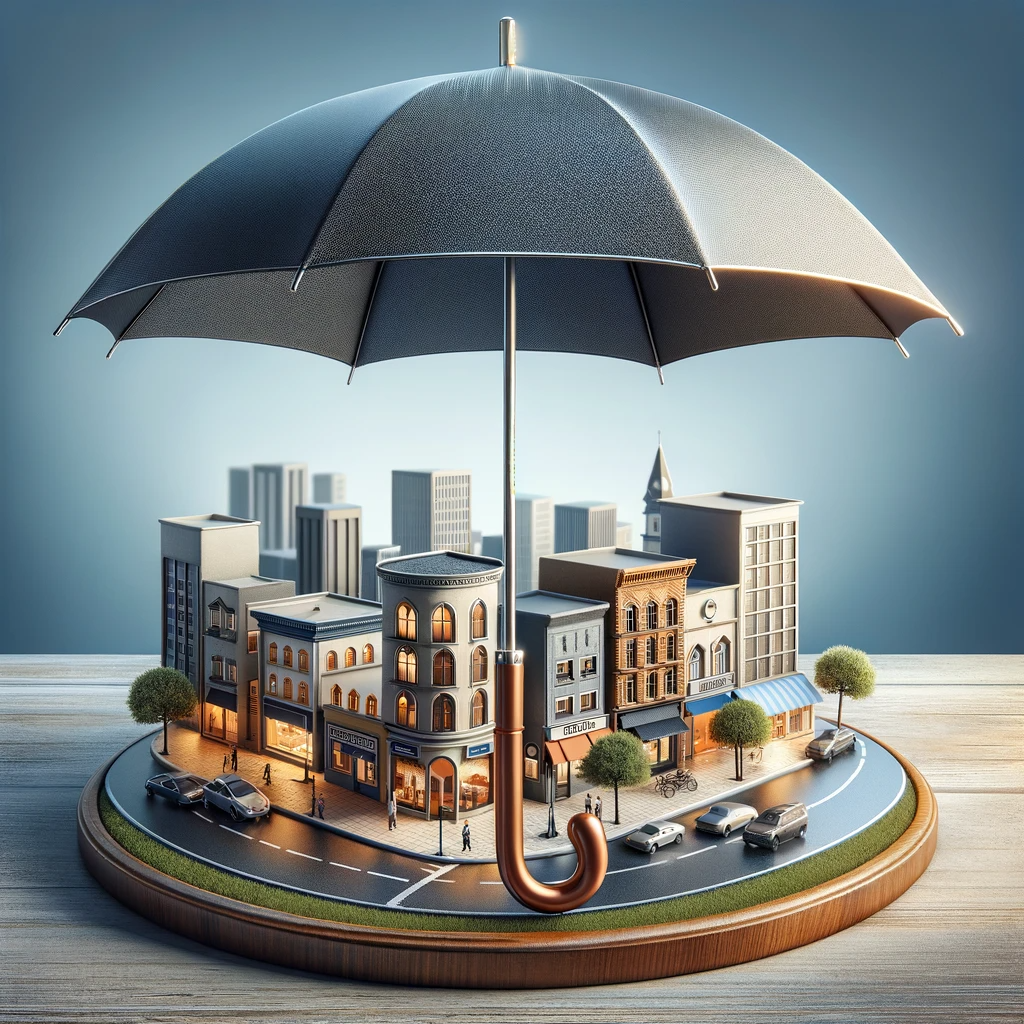
 RSS Feed
RSS Feed